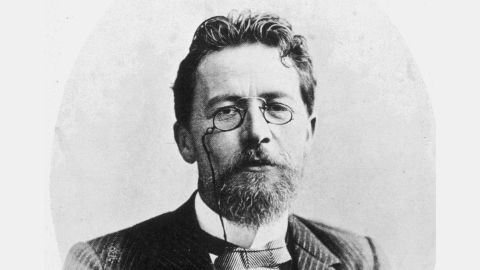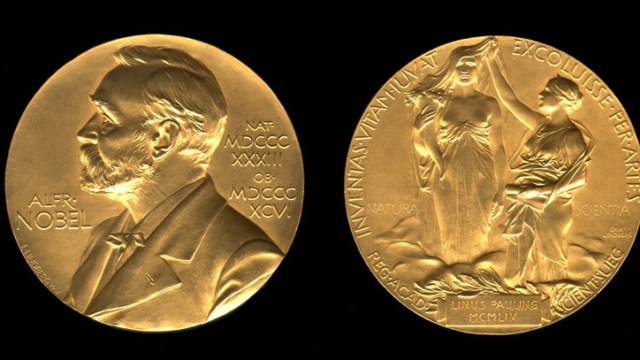Study Reveals Chekhov Does Make You Smarter Than Danielle Steel

While some view the high-brow/low-brow classification in literature as a false distinction, a new study published in the journal Science suggests otherwise. There is a measurable difference in terms of the cognitive effects of reading an excerpt from Chekhov as opposed to an excerpt from a Danielle Steel novel.
While a writer like Chekhov makes us contemplative and skeptical, a mainstream work of fiction does little to enhance our theory of mind skills, such as our ability to understand complex characters.
While it is certainly impressive that the researchers – David Comer Kidd and Emanuele Castano – were able to design a series of tests to measure these outcomes, what is less clear is what exactly qualifies as high and what constitutes low.
After all, one could argue that Shakespeare, Dickens and Balzac, to name a few, were the Danielle Steels of their day.
On the other hand, some writers simply have the ability to transcend their cultures in a way that seems impossible to measure, and yet is supported by powerful anecdotal evidence.
For instance, one is reminded of the classic New Yorker cartoon in which three men from different professions are asked to list their influences. “Hemingway, Eudora Welty and, of course, Chekhov,” says an author. An auto mechanic agrees. “There was a teacher in high school, and the owner of the first garage I worked in. Then, of course, Chekhov.” And also the baseball player: “DiMaggio and Mays. And, of course, there’s Chekhov.”




